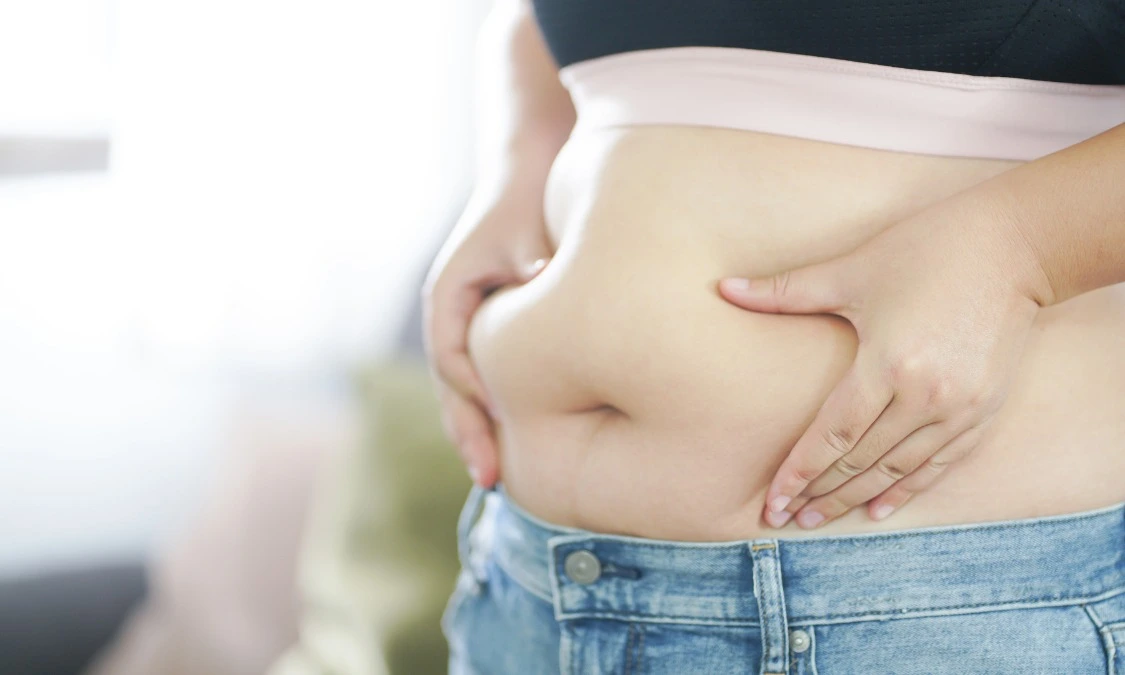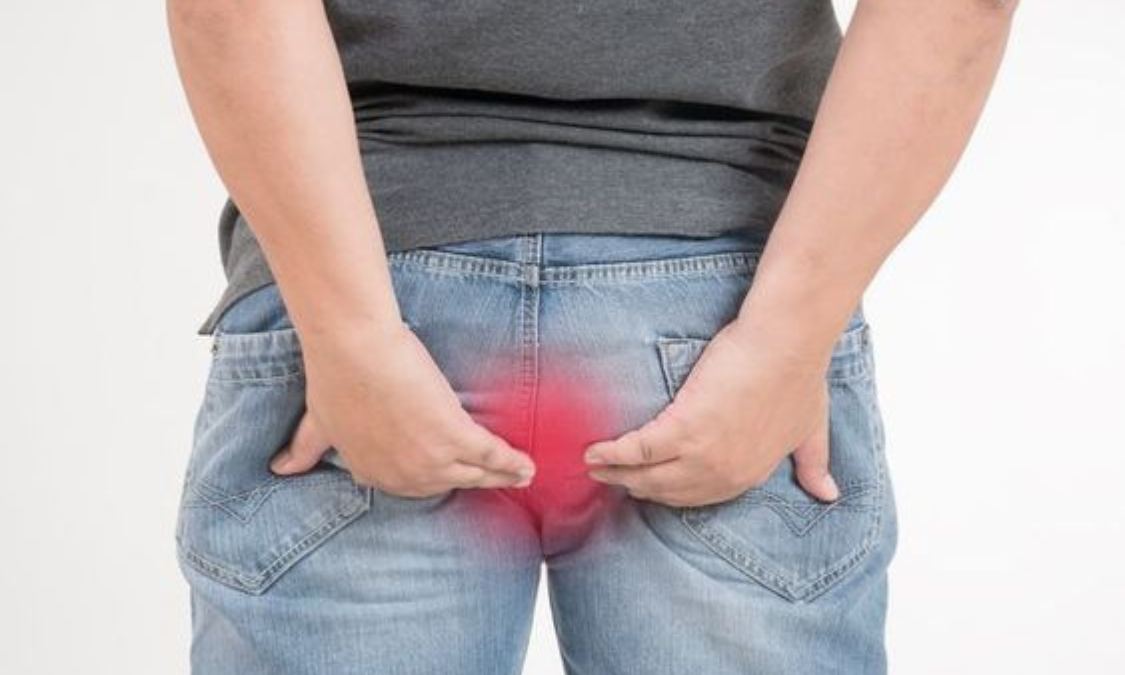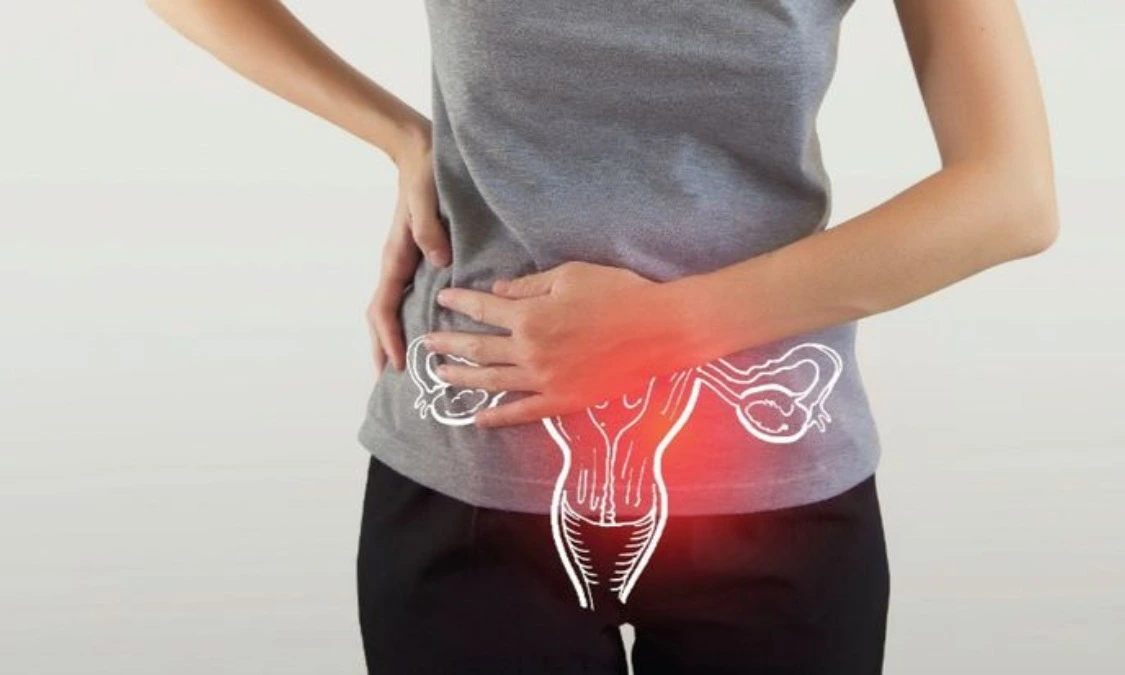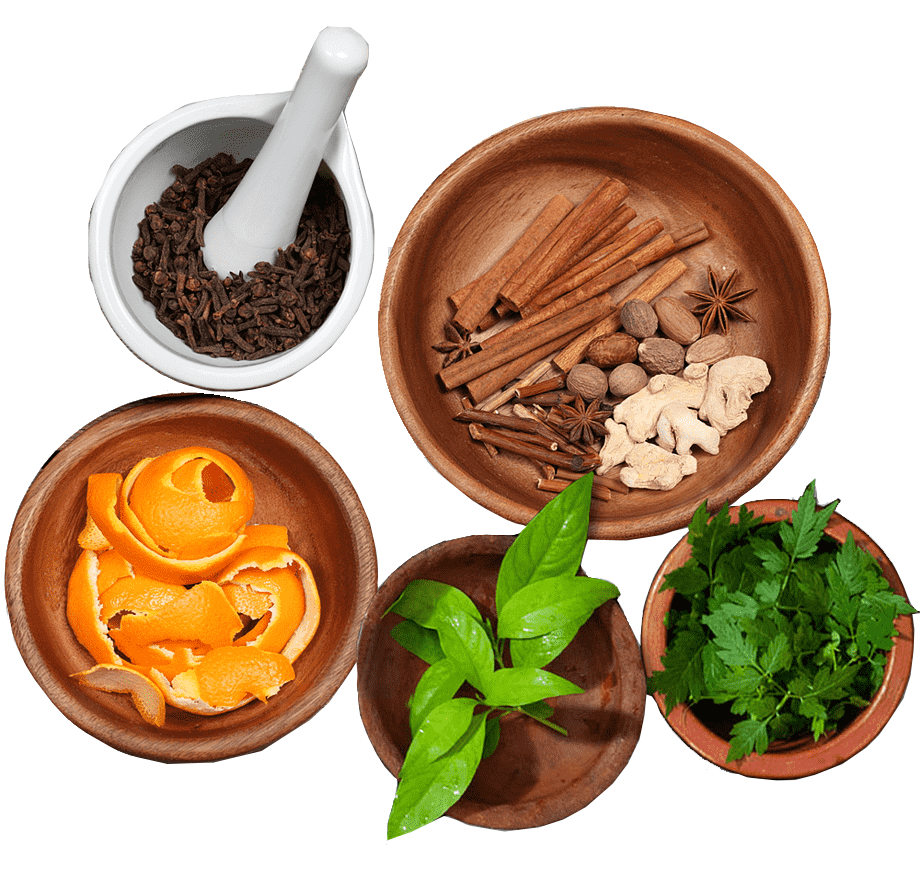Effective Ayurvedic Treatments for Hypothyroidism
In Ayurveda, hypothyroidism is a result of the aggressive Kapha dosha. It is that of kapha which when unbalanced causes metabolic and thyroid function problems as it is heavy, cold, etc.. This causes the underproduction of thyroxine (T4) and triiodothyronine (T3), as well as an accompanying slowdown in your metabolism, leading to any number of clinical symptoms.
Causes of Hypothyroidism
Ayurveda Protocol for Hypothyroidism
How does Ayurveda cure Hypothyroidism? – Treating to balance the doshas (kaph) and more. Here’s a detailed approach while balancing Kapha dosha through your diet.
Diet:
Appropriate for Spring and Winter with Dosha imbalance problems.
Lifestyle-based Tips to Treat Hypothyroidism
Herbal Interventions to Support Your Thyroid
Detoxification Therapies:
Panchakarma treatments like Vamana (emesis), Virechana (purgation), and Shirodhara (oil infusion/kind of oil therapy in which medicated oils are pored over the forehead to calm down stress reactions are also used as Ayurvedic treatment); these help cleansing your body that helps to reduce Kapha Dosha and ensure optimum thyroid function.
Include Stress Management: In addition to Panchakarma, stress management tools can help address the root cause of Kapha imbalance and support better health.
Treatment at Ayusiddha Personalized
We at Ayusiddha have our personalized treatment lines for every individual carrying different sorts of symptomatic and degree or chronicity hypothyroidism. Through dietary changes, lifestyle modifications, Ayurvedic herbs, and Panchakarma therapies we can help you effectively manage as well as treat hypothyroidism. Our mission is to bring back harmony, maintain a healthy thyroid, and improve the quality of an individual life.













